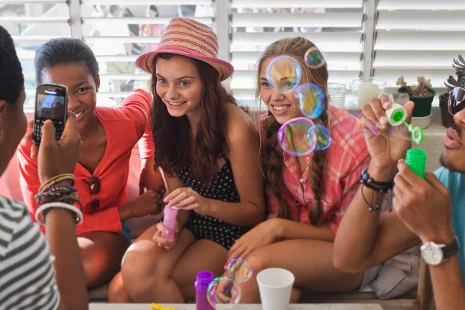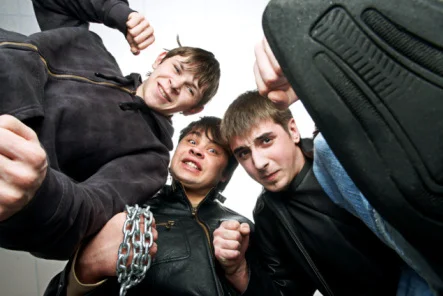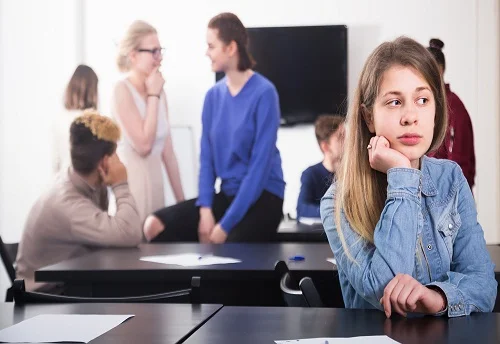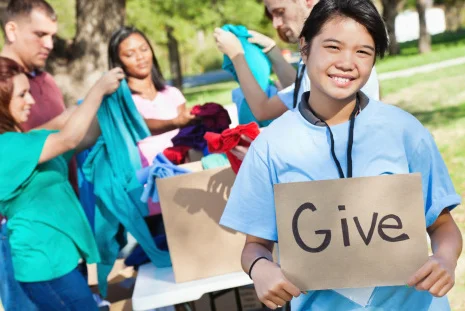+1 845 259 2974 (11 a.m to 7 p.m CST)
Teaching Your Teens How To Pick Real Friends

Teens are notorious for making the worst possible decisions because of peer pressure and a number of other issues associated with the age itself. But the problem of picking out proper friends is seldom looked at as something crucial. Teens often pick up the wrong friends because they're "popular" or "cool". Teaching them how to pick people who will become lasting friends is important.
Friendship is like a warm home cooked dinner on a freezing night, accompanied with an occasional dessert on the side. Even when you can skip dessert there’s no question of you skipping the warm meal. The warm meal are the friends that last a long time, and the dessert are the people that are good in the moment but don’t last long. Parents should help kids make friends by explaining to them the dos and the don’ts of friendship. However, they should never make these decisions for their kids. There’s a fine line between helping a teen understand the difference between a good and bad friend, and going overboard and hovering over every decision they make.
Some of the most important aspects of a true friendship, that should be taught to the teens, are:
One real friend equals thousands of sweet friends
Numbers become invalid when it comes to choosing a real friend. Parents should explain to their teens that being the most popular person in high school may give them a large group of admirers, but does not guarantee real friends. A real friend would understand your ‘desire’ to be famous and stick to your side even after your fame fades away. Teens need to realize that a real friend will love them for the person they are, and not because of the limelight they are under. Similarly, picking friends out because of their elevated social status will also get people nowhere. Your teen will want to make friends, but what type of friends they choose is something you should be thinking about to an extent.
A real friend will criticize you
Whether we like it or not a real friend will always voice their opinion when we go wrong. Their criticism isn’t meant to judge us, but help us realize where we’re going wrong. A true friend will go to any lengths to prevent us from doing something that can harm us. Teens need to know how to distinguish between critical friends who are trying to better them, and constant naggers who do nothing but bring them down. Advice your teens on how to make this distinction, if you deem them unable to do so on their own.
A real friend would never want to change you
C.S. Lewis rightly pointed out “Friendship is born at that moment when one person says to another: "What! You too? I thought I was the only one.” A true friend wouldn’t want you to change the way you dress, talk, eat or socialize. These attributes become irrelevant when two people find one common thing between them that matters the most and binds them together for a long time – if not for life! However, the fake or short term friends would accept someone when and if they transform themselves to fit in their circle. Peer pressure can do some very damaging things to a teen’s head. It is important for parents to help teens see through positive peer pressure and negative peer pressure.
A real friend will never gossip about you
Gossiping is a trend common among high school teens. Several cases have been reported where gossiping became so ugly that the victim was forced to leave the city. There have been instances where victims were shattered to the extent that they even committed suicide. Teens should know that gossiping always begins through people who are close to you, who know certain aspects of your personal life. These gossipers usually turn out to be fake and short term friends who are a part of your teen’s group of friends. On the contrary, a true friend would never take advantage of your situation. For a real friend, honesty and loyalty are top priorities in friendship.























